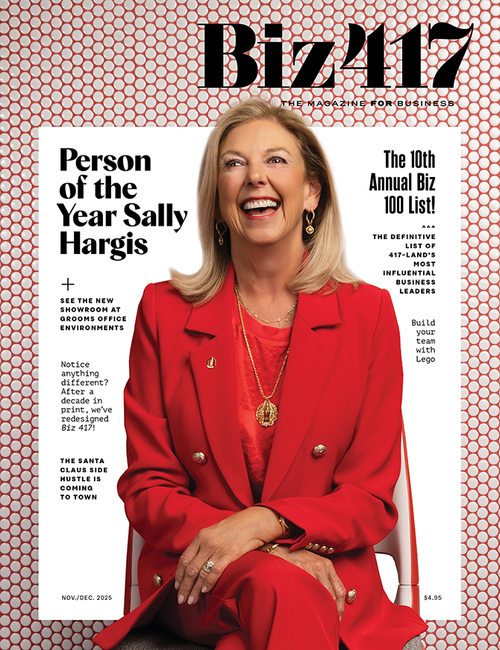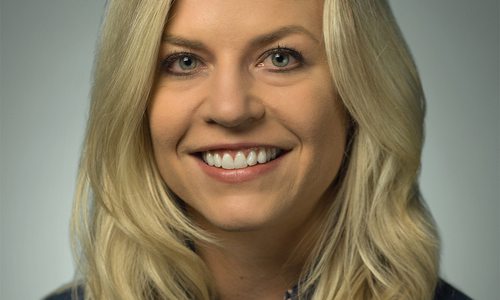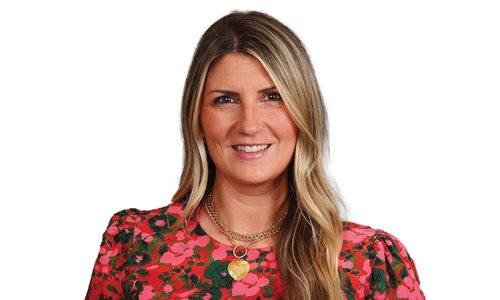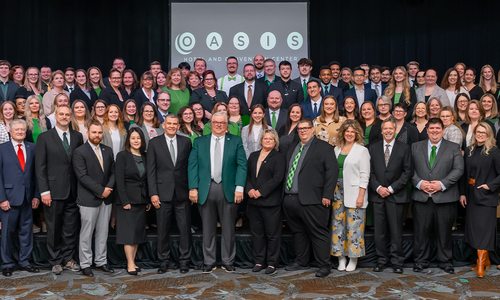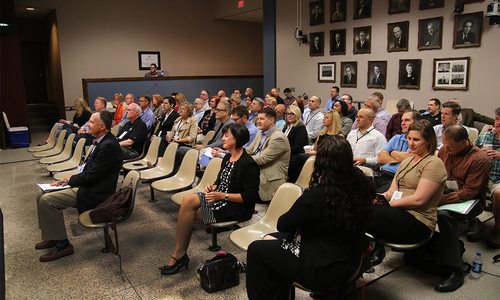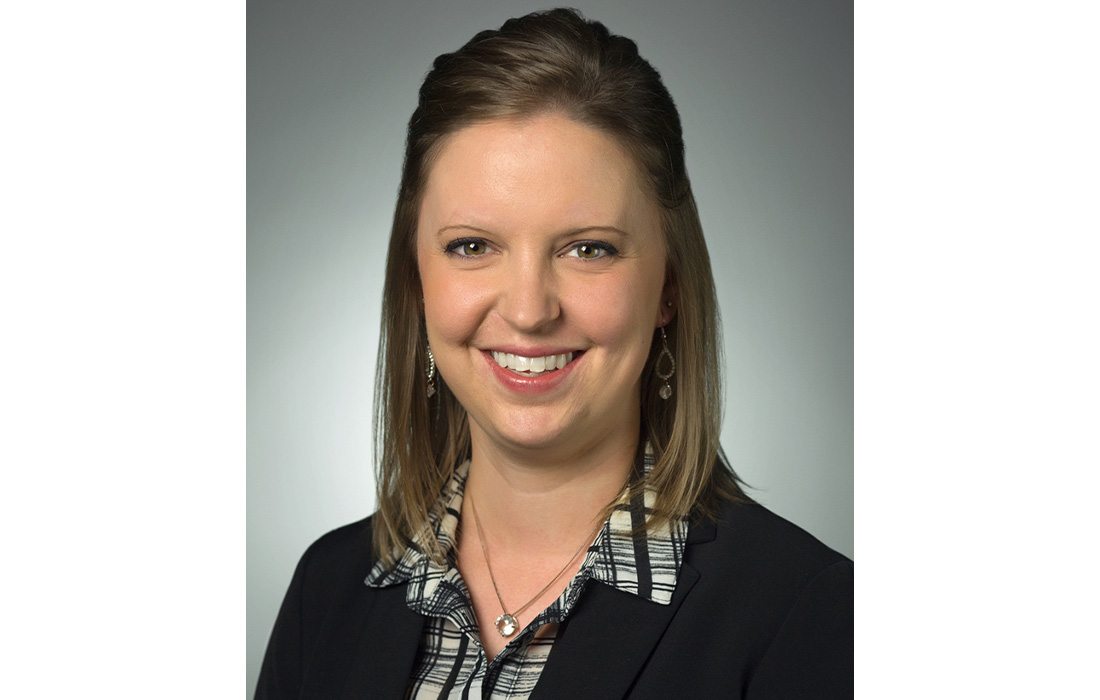
Strategy
Building Wealth with Confidence: Financial Tips from Advisor Leia Huffman
Forvis Mazars’ Leia Huffman shares expert financial advice for women at every stage of life.
By Jordan Blomquist
May 2025

When it comes to financial confidence, small steps can lead to big change. Leia Huffman is a director with Forvis Mazars Private Client, where she works in the wealth advisory area helping people plan for retirement—how to reach it, stay in it and build a strategy tailored to their specific goals.
PRESENTED BY
We spoke with Huffman to find out how women at all stages can feel more empowered with their money, from getting started and setting goals to planning for the unexpected.
Biz 417: What’s one small step women can take today to start feeling more confident with their finances?
Leia Huffman: One small step is just to know where your money is going. Where are you spending money? Look at your transactions. Are there recurring subscriptions or payments set up? Do you know how to access all of your accounts, whether that’s bank accounts, investment accounts, credit cards or whatever that looks like? Do you know where they are and what the balance is? Just having knowledge about how you have things set up and if you have automatic payments or transfers—knowing is the first step and the key to then gaining control over it.
Biz: How should we think about financial planning in our 30s or 40s? What are the top priorities?
L.H.: The top priority is that there’s no time like the present. So just go ahead and get started. We all have goals, and sometimes the goal might seem so far out that you think, ‘Oh, I need to worry about what's going on today or tomorrow.’ But those long-term goals are just as important, and the more that you can start early, the less stress you'll have down the road. Goals change over time, too, so it’s not a ‘set a plan and forget it.’ We always want to be monitoring it and checking back in. Sometimes it can be daunting if you're trying to do it by yourself, but that’s where I come in to help. I help a lot of people look at it and make it in a way that's manageable for them to understand, checking in along the way.
Biz: In our 50s and beyond, what’s most important to focus on? Is it ever “too late” to start fresh with your finances?
L.H.: It is never too late. We can’t go back and change the past, but we can make changes and adjustments today. It’s important to create a plan and stick with it. Of course, life changes and there are things that may cause you to worry and stress and think, ‘Oh, I need to make a drastic change.’ But that's where it's important to know, ‘I have a plan in place.’ It accounts for maybe market volatility or different what-ifs that could happen along the way, different health situations sometimes that come up, but you know that you've accounted for it. I help my clients refresh their plan, and we look at it as time goes on and life changes.
Biz: What’s a smart way to handle unexpected expenses without derailing your plans?
L.H.: Unexpected expenses, unfortunately, are a part of life. The main thing that I always tell all of my clients is to be sure that you have an emergency account. We are planning for the long term,and you want to know where your day-to-day money is going. However, sometimes life happens, and you don't want to be caught having to pull money from a retirement plan early or cash in stocks if the market’s down. Some of these items may cause you unexpected tax consequences. Instead, having that emergency account is vital. We recommend our clients keep at least three to six months of their expenses just in a liquid money market account, Certificate of Deposit, or something that is not subject to market volatility and you know you can easily access it—should life happen. Because we never know when that may come.
Biz: What habits or tools do you recommend to stay consistent with budgeting or saving?
L.H.: With budgeting or saving, I recommend finding a consistent recurring schedule. So if you want to save money, let's set up the amount that you need and then automatically transfer money to savings each month—you don't even have to think about it. That's setting yourself up for success. I'm putting money away for whatever this goal may be, and I don't have to think about it, simplifying my financial life.
Biz: How do you encourage women to advocate for themselves financially—whether at work, in partnerships or during big decisions?
L.H.: At work and with the people that I meet with, I think it's always very important to hear everybody’s voice at the table. Sometimes, as women, we hold back our decisions or our thoughts about things because we want to be 100% right. I always take the time in my meetings to stop and say, ‘Now, what do you think?’ and look everybody in the eye and give them all a chance to speak, share their opinion, and ask questions. Everyone needs to have their voice heard. And sometimes, not everyone in the room pauses for that. That’s something that I make a point to do, whether that is coworkers or whether that is clients. I have found that sometimes you have to help women learn to advocate for themselves by giving them an opportunity.

